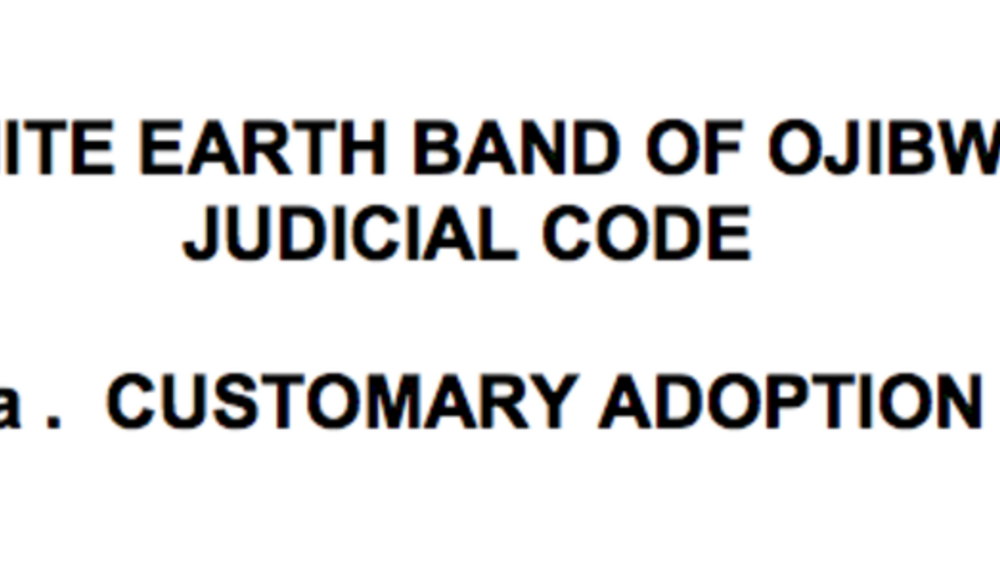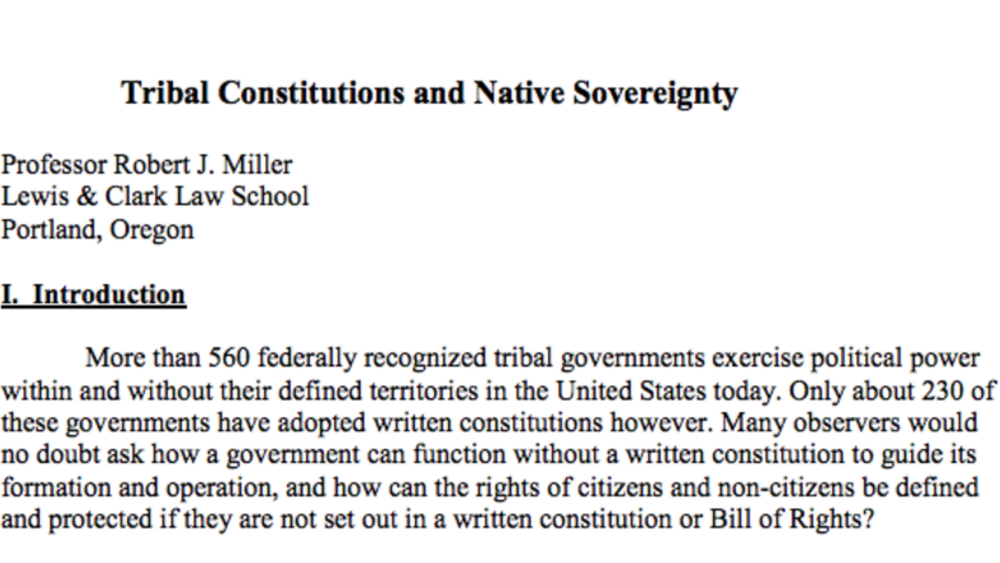Indigenous Governance Database
sovereignty
Image

Customary Adoption Code, White Earth Band of Ojibwe
This code, developed by the White Earth Band of Ojibwe, allows adoption on the reservation for children but in a way that promotes cultural growth and support.
Image

Tribal Constitutions and Native Sovereignty
More than 565 Indigenous tribal governments exercise extensive sovereign and political powers within the United States today. Only about 230 of the native communities that created these governments, however, have chosen to adopt written constitutions to define and control the political powers of…
Pagination
- First page
- …
- 11
- 12
- 13
- …
